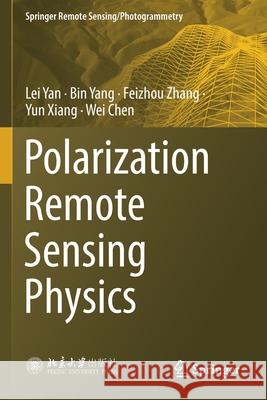Polarization Remote Sensing Physics » książka
topmenu
Polarization Remote Sensing Physics
ISBN-13: 9789811528880 / Angielski / Miękka / 2021 / 337 str.
Polarization Remote Sensing Physics
ISBN-13: 9789811528880 / Angielski / Miękka / 2021 / 337 str.
cena 724,58
(netto: 690,08 VAT: 5%)
Najniższa cena z 30 dni: 693,97
(netto: 690,08 VAT: 5%)
Najniższa cena z 30 dni: 693,97
Termin realizacji zamówienia:
ok. 16-18 dni roboczych.
ok. 16-18 dni roboczych.
Darmowa dostawa!
Kategorie BISAC:
Wydawca:
Springer
Seria wydawnicza:
Język:
Angielski
ISBN-13:
9789811528880
Rok wydania:
2021
Wydanie:
2020
Numer serii:
000475203
Ilość stron:
337
Waga:
0.51 kg
Wymiary:
23.39 x 15.6 x 1.93
Oprawa:
Miękka
Wolumenów:
01
Dodatkowe informacje:
Wydanie ilustrowane











